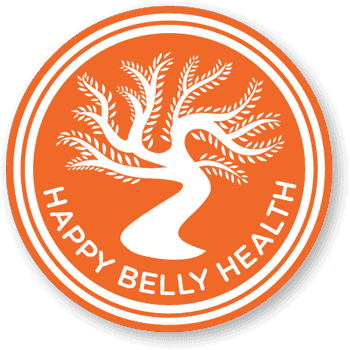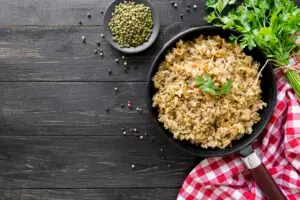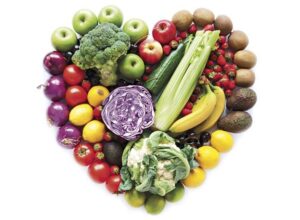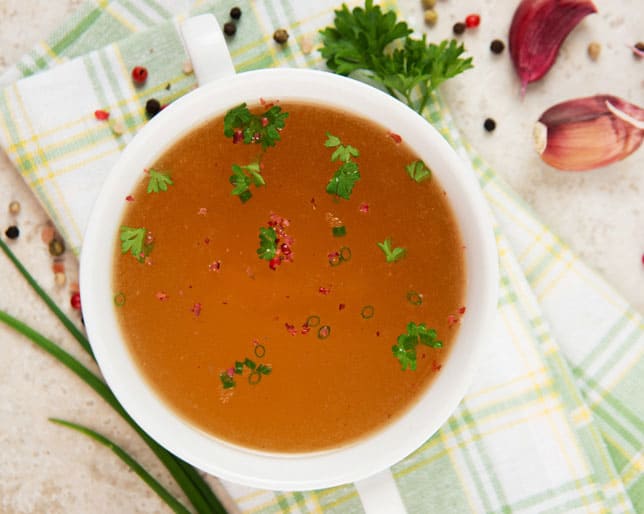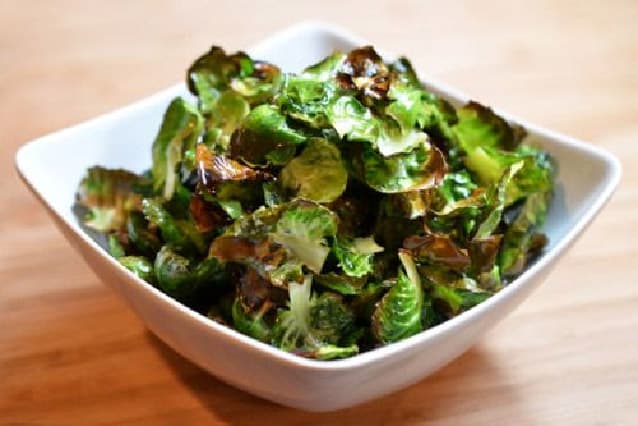There is a great health benefit to eating sea vegetables. As this planet’s singularly most alkalizing food, sea vegetables contain all of the minerals needed for health. With 10 to 20 times the mineral density of land plants, plus the added punch of a range of vitamins, sea vegetables added to your diet will help meet your nutritional needs, help you to feel more grounded, and will beautify your skin, hair and nails. This family of vegetables ranges from microscopic plankton to massive kelp plants more than 1,500 feet long, and is one of the most underutilized foods, even though it’s one of the world’s most abundant!
Used for centuries by coastal cultures such as the Chinese, Japanese, Irish, Inuit, Northeastern North American and Scottish. Sea veggies are highly versatile foods, which can be easily incorporated into many dishes such as soups, salads, stir-fries and desserts. Population studies show that people with diets high in sea vegetables have few symptoms of mineral deficiencies and longer life spans. Sea vegetables have been used medicinally to treat hypertension, heart disease, goiter, kidney disease, ulcers, obesity, constipation, menstrual disorders, high cholesterol, cancer, radiation poisoning, heavy metal toxicity and more. They are known to reduce blood cholesterol, remove metallic and radioactive elements from the body, strengthen bones and teeth, aid nerve transmission, improve digestion, and soften hard masses, tumors and fibroid tumors. In particular, sea vegetables can benefit the thyroid because they contain high concentrations of calcium, iron, iodine, phosphorous, potassium, sodium, zinc, magnesium, copper, chromium, vitamin A, and B vitamins.
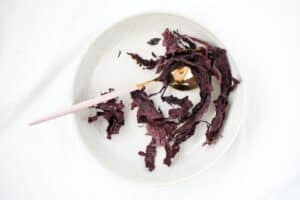
Here are some more common sea vegetables for your health benefit:
- Arame: With its sweet, mild taste, it is delicious raw, sautéed alone or with land vegetables.
- Dulse: Try using dulse flakes as a condiment. Easily sprinkled on top of soups, salads and veggies.
- Hijiki: One of the most mineral rich of all sea vegetables, high calcium and protein, it tastes great flavored with toasted sesame oil, cider vinegar and tamari.
- Kelp: Use as a salt substitute or condiment in powder form.
- Kombu: Best used in slow-cooking soups, beans and stews, to both flavor and tenderize.
- Wake: Add directly to soups without soaking.
- Nori: Shred and add to soup, salad, or stir-fry. Used as the basis for sushi rolls (maki).
- Agar: Thickens with short cooking to make pudding and custard-like desserts.
